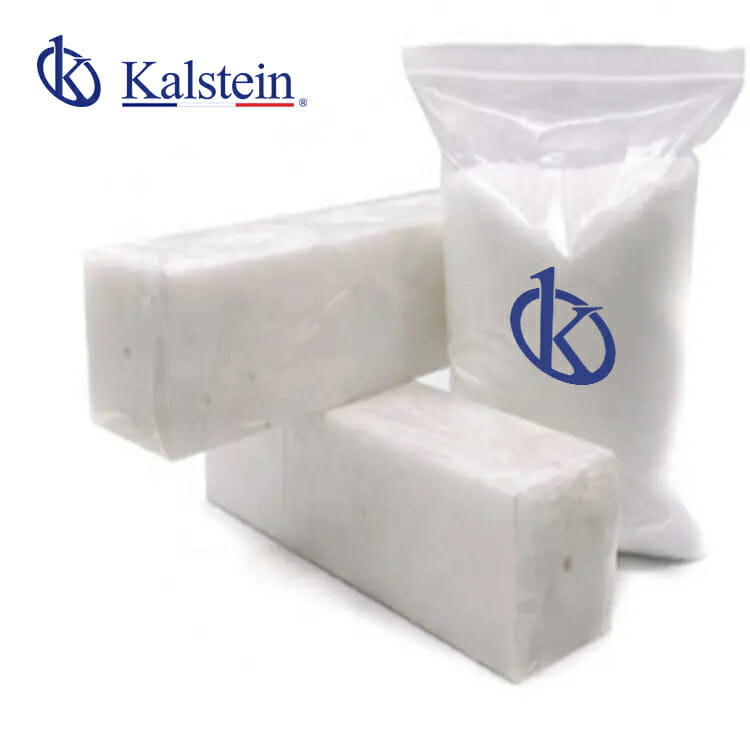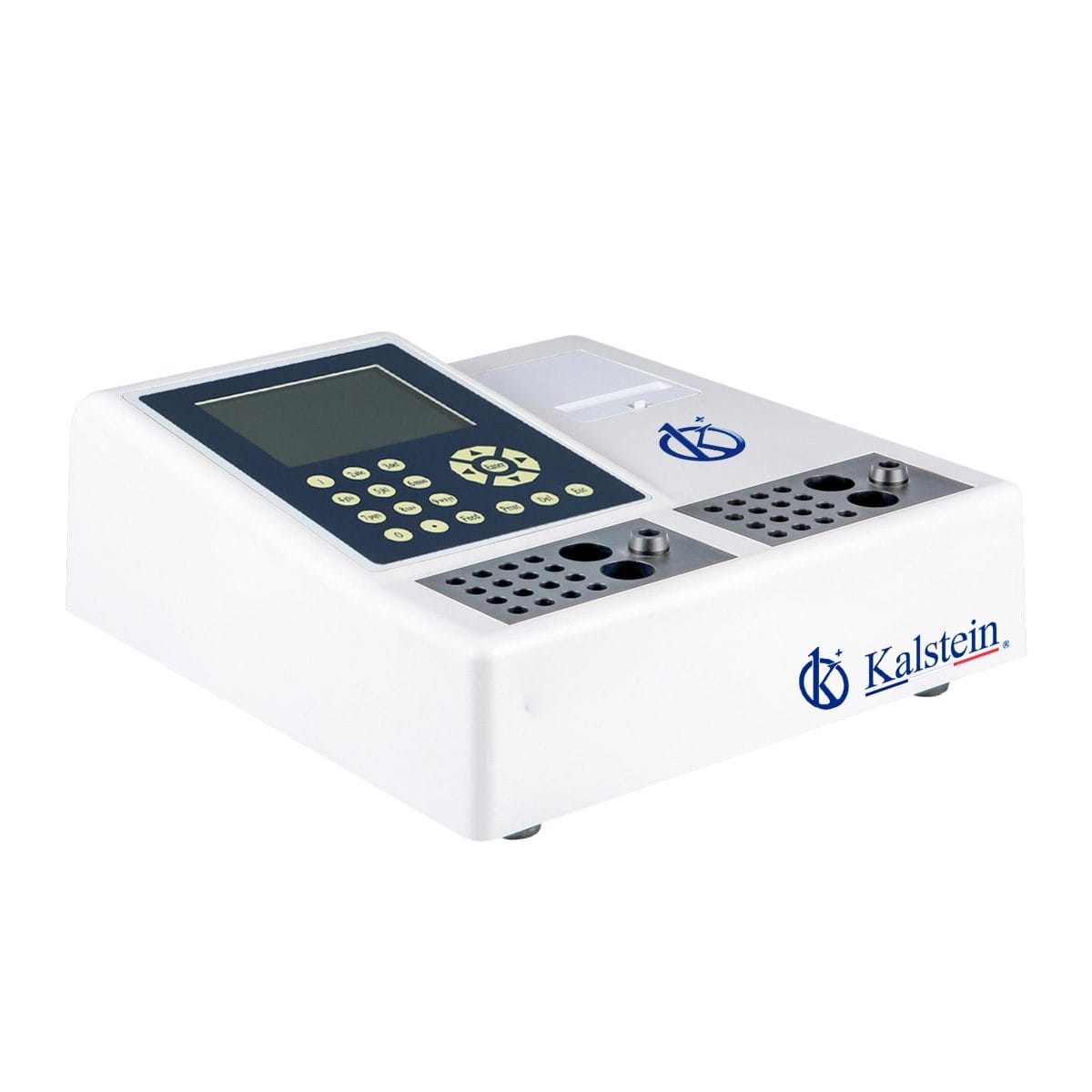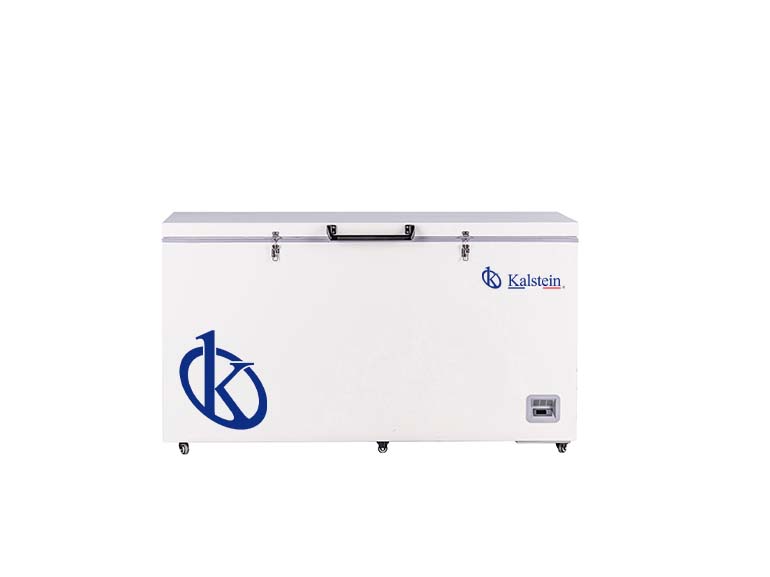Hematology has become one of the main fields of medical study in the twenty-first century. It is involved in the study and treatment of diseases that affect the blood, including bruising, anemia, clotting and leukemia. This means that the increasing use of analytical tools, such as reagents, is essential to help medical professionals accurately diagnose and treat patients.
Hematology reagents are chemicals or blood samples used in the analysis of blood samples. These reagents affect clotting, time to RBC appearance, and white blood cell production. These tools allow us to perform very accurate and complete blood tests, allowing the medical professional to determine the level of hormones, white blood cells and fight any infection that a patient may have.
What is the relevance of reagents and analytical tools in hematology?
Hematology reagents are essential for detecting blood abnormalities, preventing dysfunction, and adequately treating any liver disease, red blood cells, or white blood cells. This is especially important in the diagnosis and treatment of certain cancers, such as multiple myeloma, lymphoma, and leukemia. These chemicals can also be useful in evaluating a patient’s response to drug treatment with drugs such as chemotherapy.
In addition to hematology reagents, there are also analytical tools that help provide accurate and detailed information about the patient’s blood system. These tools include laboratory monitoring, imaging, electrocardiograms, CBC, immunization, and genetics. With these tools, it is not only possible to diagnose and treat diseases, but also to monitor patients’ response to treatment.
What are reagents used for in hematology?
Measuring levels of white and red blood cells is one of the main uses of hematology reagents. This is especially important for the diagnosis and treatment of anemias, infections and autoimmune diseases. Tests for the presence of immune cells and RBCs may also be done with reagents. These tests help us better understand what conditions are affecting patients.
Hematology reagents are also useful for sparing and retrieving blood samples. This tool allows us to maintain the integrity of the blood sample when doing the corresponding tests for the diagnostic process. The reagents also help us detect any viral infection in the blood, which is especially important for the treatment of delicate health conditions such as AIDS or hepatitis.
Other analytical tools for hematology include blood flow measurement devices, as well as reports made with lasers and ultraviolet light. These instruments allow us to examine the blood in detail and determine its exact composition. This helps us to better understand the chemical reactions inside the human body.
Why is the use of reagents necessary in hematological studies?
Currently, many physicians make use of new and better tools and reagents for hematology. These tools enable us to identify diseases, treat them accurately, and prevent complications. These tools include laboratory orders, blood drawing tests, rapid tests, among others. This technology will enable medical professionals to more effectively treat common and less common diseases simultaneously.
Thus, hematology reagents are key tools to help doctors accurately diagnose and treat cases involving blood. These chemicals and analytical tools allow us to identify diseases, prevent complications, monitor treatment, and achieve the best results in all patients. Therefore, they are essential for the successful treatment of diseases.
Kalstein tools for hematology studies
Kalstein has on sale a variety of analyzers that allow the study of blood with the use of appropriate reagents. With this equipment you can work at various wavelengths, do kinetic studies and linear and non-linear calibration mode. Details about purchase and prices, can be reviewed in the following links HERE and HERE.




